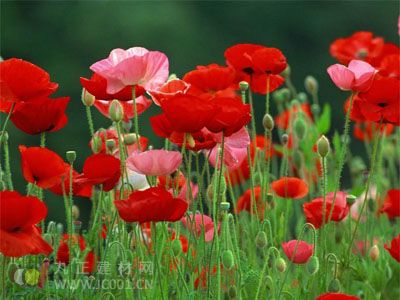Long before modern times, the poppy was already known to early humans. Archaeological findings suggest that it was first encountered by Neolithic people while traveling through mountainous regions along the eastern coast of the Mediterranean. The Sumerians, over 5,000 years ago, revered the plant as a "happy plant" and believed it was a divine gift. Ancient Egyptians used it to soothe infants who cried at night. By the third century BC, detailed records of opium began to appear in Greek and Roman texts. Poets like Homer referred to it as “the grass of forgetting,†while Virgil called it “a sleep-inducing herb.†Some wealthy individuals even cultivated poppies simply for their beauty.
However, as the 19th century began, the poppy revealed its darker side. What had once been a source of relief and comfort became a dangerous temptation. While it could ease pain and fear, it also led to addiction, destruction, and despair. Human greed and selfishness took control, overriding reason and morality. While colonial powers banned opium use within their own borders, they exported it to other parts of the world, bringing devastation to entire populations.

In the 13th century, the British Empire, which had long outlawed opium in its own country, found a new opportunity in its Burmese colony. This led to the emergence of a region later known as the "Golden Triangle." Located at the border of Myanmar, Thailand, and Laos, the area became infamous for its illegal drug production. In 1852, after the Second Anglo-Burmese War, the British occupied Burma and discovered that the northern mountains were ideal for growing opium. They forced local communities to cultivate poppies and produce opium, which was then sold across the globe.
Today, the Golden Triangle remains a symbol of global drug trafficking. Despite efforts to combat it, the cycle continues—new groups rise where others fall. Law enforcement officers face constant danger in their fight against this powerful industry. Amid the golden fields of poppies and the swaying coca leaves, the transformation from a "happy plant" to a "flower of the devil" raises a painful question: is this the tragedy of the plant, or of humanity itself?
Jewelry Microscope,Trinocular Digital Microscope,Professional Jewelry Microscopes,Stereo Binocular Jewelry Microscope
Ningbo Huaguang Precision Instrument Co., Ltd. , https://www.hgopt.com